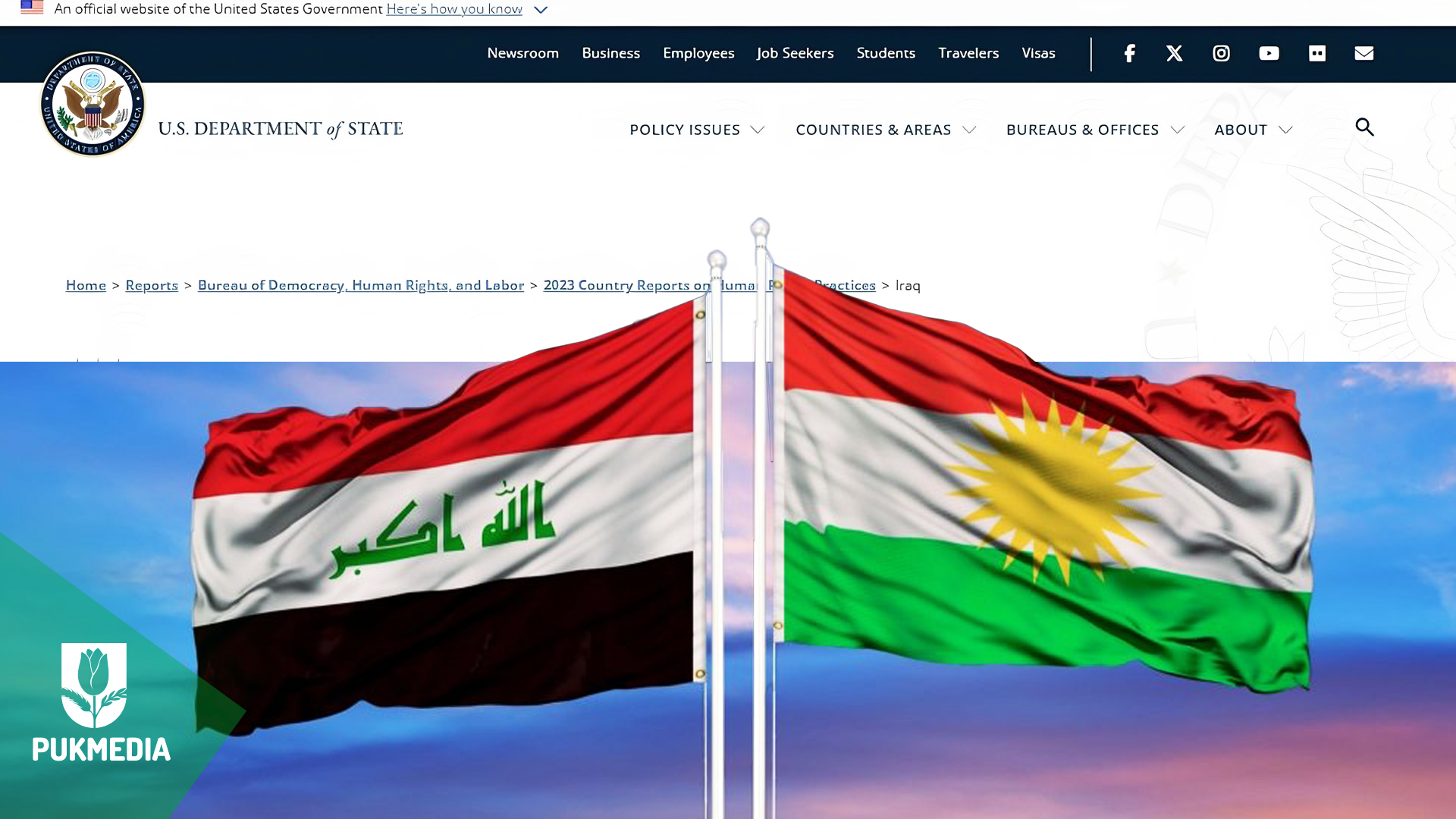World AIDS Day 2021: a day for increasing awareness among our community
Health 11:08 AM - 2021-12-01.png)
December 1 was observed in 1988 as World AIDS Day in the world. On this day, international organizations and health sectors unite in order to spread awareness to the communities and to commemorate those who lost their lives due to the virus.
According to Global Statistics, there were approximately 37.7 million people across the globe with HIV in 2020. Of these, 36 million were adults, and 1.7 million were children aged 0-14 years. More than half (53%) were women and girls.
The theme of World AIDS Day 2021 is “End inequalities. End AIDS”. "With a special focus on reaching people left behind, WHO and its partners are highlighting the growing inequalities in access to essential HIV services," WHO stated.
How WHO describes the disease?
WHO explains that the human immunodeficiency virus (HIV) targets the immune system and weakens people's defense against many infections and some types of cancer that people with healthy immune systems can fight off.
As the virus destroys and impairs the function of immune cells, infected individuals gradually become immunodeficient. Immune function is typically measured by CD4 cell count.
The most advanced stage of HIV infection is acquired immunodeficiency syndrome (AIDS), which can take many years to develop if not treated, depending on the individual. AIDS is defined by the development of certain cancers, infections, or other severe long-term clinical manifestations.
Symptoms of AIDS:
Even though AIDS is a dangerous disease, but you cannot rely on its symptoms to tell whether you have HIV or not. The only way to know if you have the virus is to get tested.
First stage symptoms:
Within 2-4 weeks after being infected with HIV, 2/3 of people's natural symptoms of HIV is like a flu illness.
Flu-like symptoms can include:
-Fever
-Chills
-Rash
-Night sweats
-Muscle aches
-Sore throat
Fatigue
-Swollen lymph nodes
-Mouth ulcers
According to WebMD, Early testing is important for two reasons. First, at this stage, levels of HIV in your blood and bodily fluids are very high. This makes it especially contagious. Second, starting treatment as soon as possible might help boost your immune system and ease your symptoms.
Second Stage:
Stage 2 might last for ten or more years. After the immune system cannot defeat HIV, the symptoms will go away, But a lot is going on inside the body. Doctors call this the asymptomatic period or chronic HIV infection.
In the body, cells called CD4 T cells coordinate your immune system’s response. During this stage, untreated HIV will kill CD4 cells and destroy the immune system. Without treatment, the number of CD4 cells will drop, and the person is more likely to get other infections.
Third Stage:
AIDS is the advanced stage of HIV infection. Usually, the CD4 T-cell number drops below 200, and the immune system is seriously damaged.
According to WebMD, a person may realize having the disease after having these symptoms:
-Being tired all the time
-Swollen lymph nodes in your neck or groin
-Fever that lasts more than ten days
-Night sweats
-Weight loss
-Purplish spots on the skin that do not go away
-Shortness of breath
-Severe, long-lasting diarrhea
-Yeast infections in the mouth, throat, or vagina
-Bruises or bleeding
-Neurological symptoms such as memory loss, confusion, balance problems, behavior changes, seizures, and vision changes
AIDS in Kurdistan Region
As a part of the world, Kurdistan Region is also witnessing AIDS cases. AIDS patients receive the necessary treatments by specialized health teams.
On this occasion, the KRG Ministry of Health announced the registration of 69 new cases of AIDS during 2021.
Health Minister Dr. Saman Barzanji stated, "During 2021, we have conducted more than 318,000 laboratory tests to detect AIDS."
"These tests proved that 69 new cases of AIDS were registered in the Kurdistan Region and that the risks of this disease lie in the fact that the patient does not feel it until they reach a serious stage."
He revealed that among the tests, 58 cases were foreigners and 11 were Iraqis, and there are 48 cases of AIDS in the Kurdistan Region from the past years until now.
"They are receiving the necessary treatment, and their cases are being followed up by the specialized medical teams," he added.
PUKmedia
More news
-
German Forces Commander Ended his Mission at Mam Jalal's Grave
12:28 PM - 2024-04-23 -
Golden Bla Awards Ceremony Takes Place in Sulaymaniyah
11:32 AM - 2024-04-23 -
PUK Official: PUK is Committed to Holding Elections on Time
11:04 AM - 2024-04-23 -
Turkish President Meets Kurdish Officials in Erbil
10:42 AM - 2024-04-23
see more
U.S. State Department Mentions the Deterioration of Journalists' Rights in Iraq & Kurdistan
06:48 PM - 2024-04-25
10 Notable Individuals Receive Golden Bla Award
09:27 PM - 2024-04-23
DPM Talabani Asks Turkish President to Lift Ban on Sulaymaniyah Airport
11:43 AM - 2024-04-23
Iraqi & Turkish Presidents: Problems Should Be Resolved Through Dialogue
05:00 PM - 2024-04-22
Most read
-
U.S. State Department Mentions the Deterioration of Journalists' Rights in Iraq & Kurdistan
Reports 06:48 PM - 2024-04-25 -
Another International Report Mentions Kurdistan's Limited Freedom
Reports 09:24 PM - 2024-04-25





.jpg)
 Application
Application


